Description
Acetaminophen: Understanding This Common Pain Reliever
Acetaminophen, a widely available and frequently used medication, is a staple in many medicine cabinets for managing pain and reducing fever. While familiar to most, understanding its uses, potential risks, and proper dosage is crucial for safe and effective use. This article aims to provide a comprehensive overview of acetaminophen, empowering you to make informed decisions about its use.
What is Acetaminophen?
Acetaminophen is an analgesic (pain reliever) and antipyretic (fever reducer). It’s available over-the-counter (OTC) under various brand names like Tylenol, Panadol, and FeverAll, as well as in numerous prescription medications, often in combination with other pain relievers like opioids.
How Does It Work?
The exact mechanism of action of acetaminophen isn’t fully understood. While it’s known to work in the brain and spinal cord, scientists believe it primarily reduces pain and fever by inhibiting the production of prostaglandins, chemicals that contribute to pain and inflammation. Unlike nonsteroidal anti-inflammatory drugs (NSAIDs) like ibuprofen or naproxen, acetaminophen doesn’t typically reduce inflammation outside the brain and spinal cord.
Common Uses of Acetaminophen:
Acetaminophen is commonly used for a variety of conditions, including:
- Fever: Effectively reduces fever associated with colds, flu, and other illnesses.
- Headaches: Can alleviate mild to moderate headaches, including tension headaches.
- Muscle aches and pains: Provides relief from muscle soreness, strains, and sprains.
- Arthritis: Can manage mild arthritis pain, but is generally less effective than NSAIDs for inflammation.
- Post-vaccination pain: Helps alleviate discomfort after vaccinations.
- Dental pain: Can provide temporary relief from toothaches and post-dental procedure pain.
Dosage and Administration:
Following the recommended dosage is critical to ensure safety and effectiveness. Dosage varies based on age, weight, and the specific product formulation. Always read and follow the instructions on the product label or as directed by your doctor.
- Adults: The maximum recommended daily dose for adults is typically 4,000 mg (4 grams). However, many doctors advise keeping the daily dose below 3,000 mg to minimize the risk of liver damage.
- Children: Dosage for children is based on weight and age. Use a calibrated measuring device to ensure accurate dosing, and never give adult acetaminophen to children.
- Extended-release formulations: These are designed to release medication over a longer period. Follow the instructions carefully and avoid crushing or chewing them.
Potential Side Effects and Risks:
While generally safe when used as directed, acetaminophen can pose risks, especially if taken in excessive doses or in combination with alcohol.
- Liver Damage: The most significant risk is liver damage. Overdosing on acetaminophen can lead to acute liver failure, which can be life-threatening. This risk is increased when combined with alcohol or in individuals with pre-existing liver conditions.
- Allergic Reactions: Although rare, allergic reactions can occur. Symptoms may include skin rash, hives, itching, swelling, and difficulty breathing.
- Drug Interactions: Acetaminophen can interact with certain medications, including blood thinners like warfarin. Always inform your doctor about all medications you are taking.
Important Considerations:
- Read Labels Carefully: Be aware that acetaminophen is a common ingredient in many over-the-counter and prescription medications. Avoid taking multiple products containing acetaminophen simultaneously to prevent exceeding the recommended daily dose.
- Avoid Alcohol: Alcohol can increase the risk of liver damage when taken with acetaminophen.
- Pre-existing Liver Conditions: If you have a history of liver disease, talk to your doctor before taking acetaminophen.
- Consult a Doctor: If you have any concerns about using acetaminophen, or if your pain or fever persists despite taking the medication, consult your doctor.
Conclusion:
Acetaminophen is a valuable tool for managing pain and fever when used responsibly. Understanding its uses, proper dosage, and potential risks is essential for safe and effective use. By following the guidelines outlined in this article and consulting with your doctor when needed, you can use acetaminophen safely and effectively to manage your symptoms and improve your overall well-being. Remember, responsible medication use is key to maintaining your health.

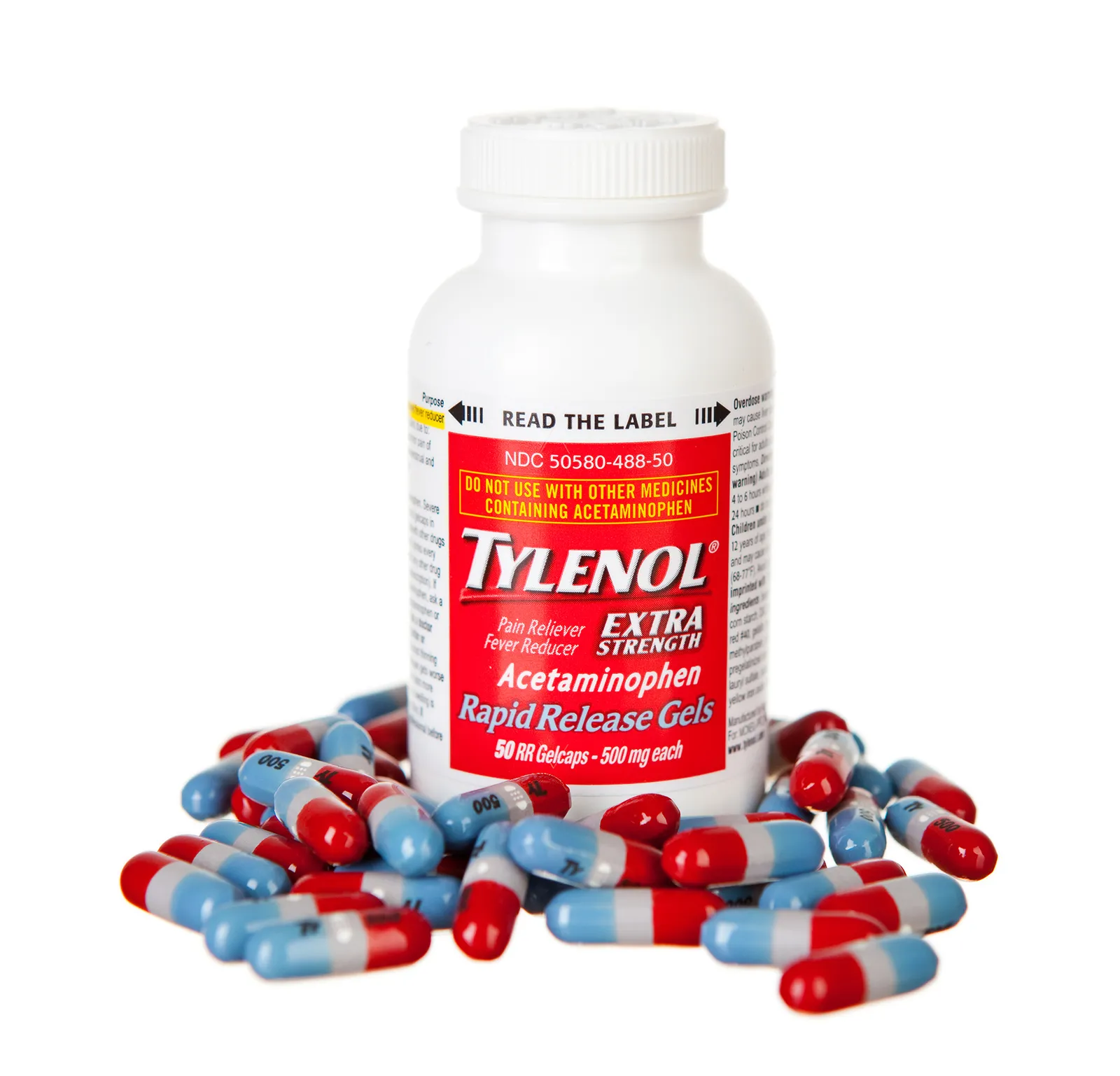
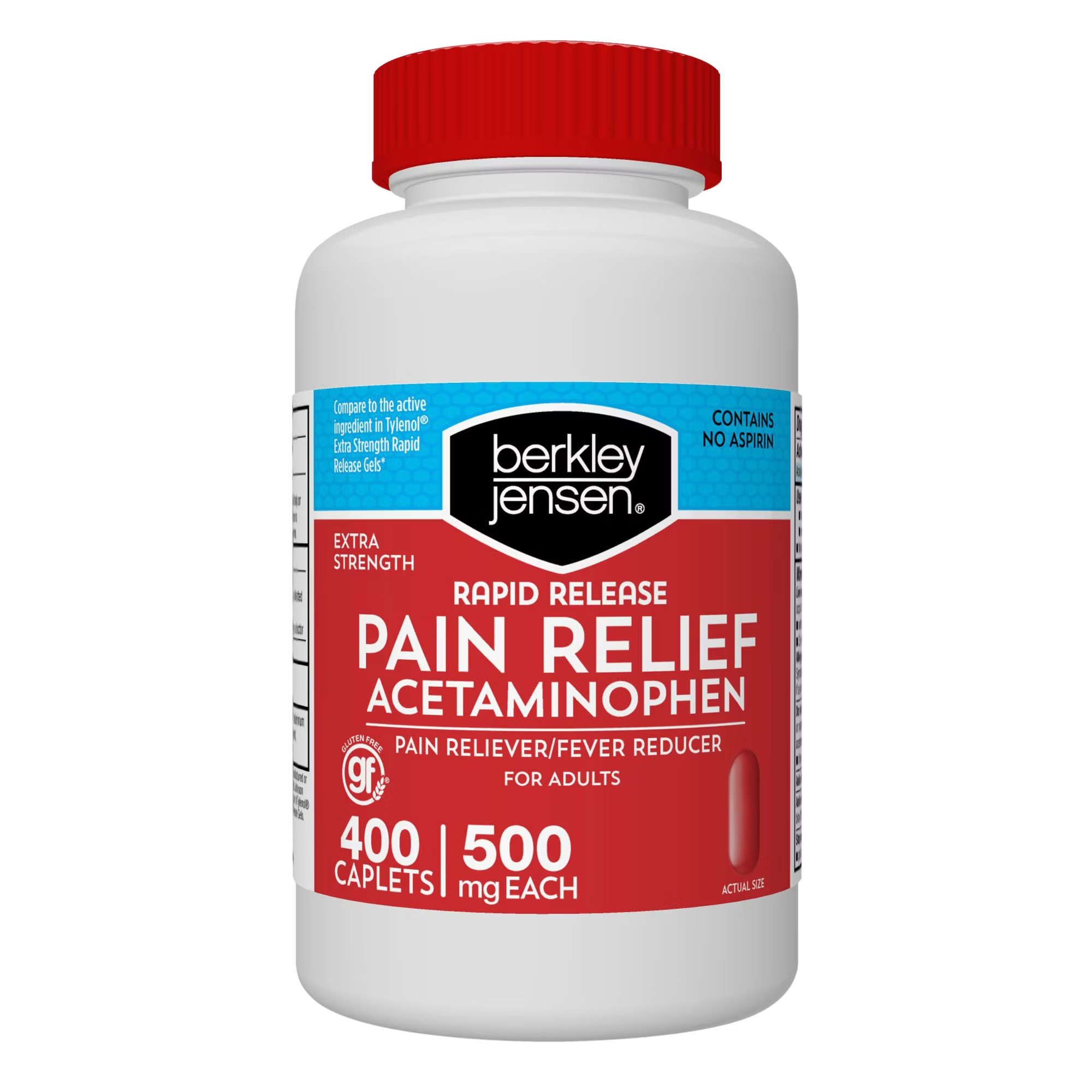
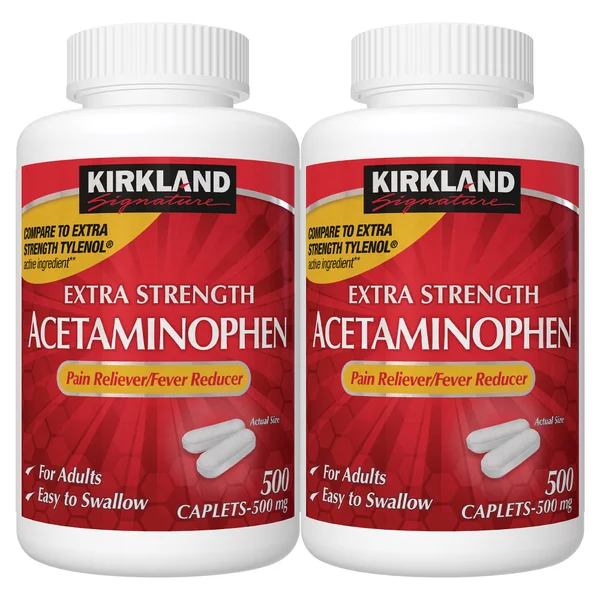
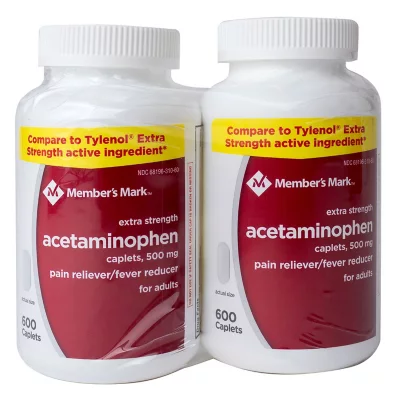
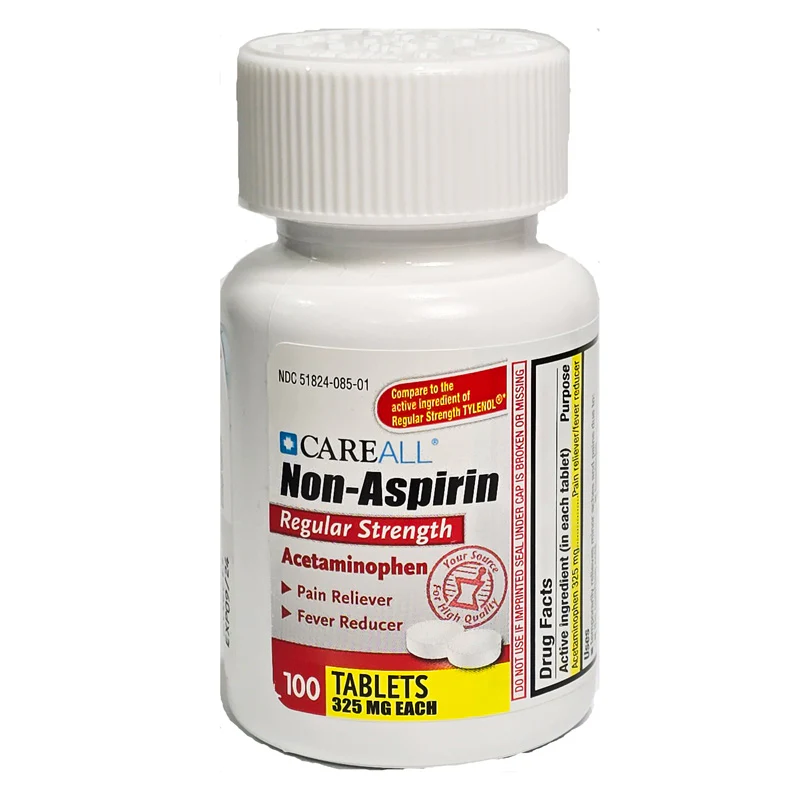

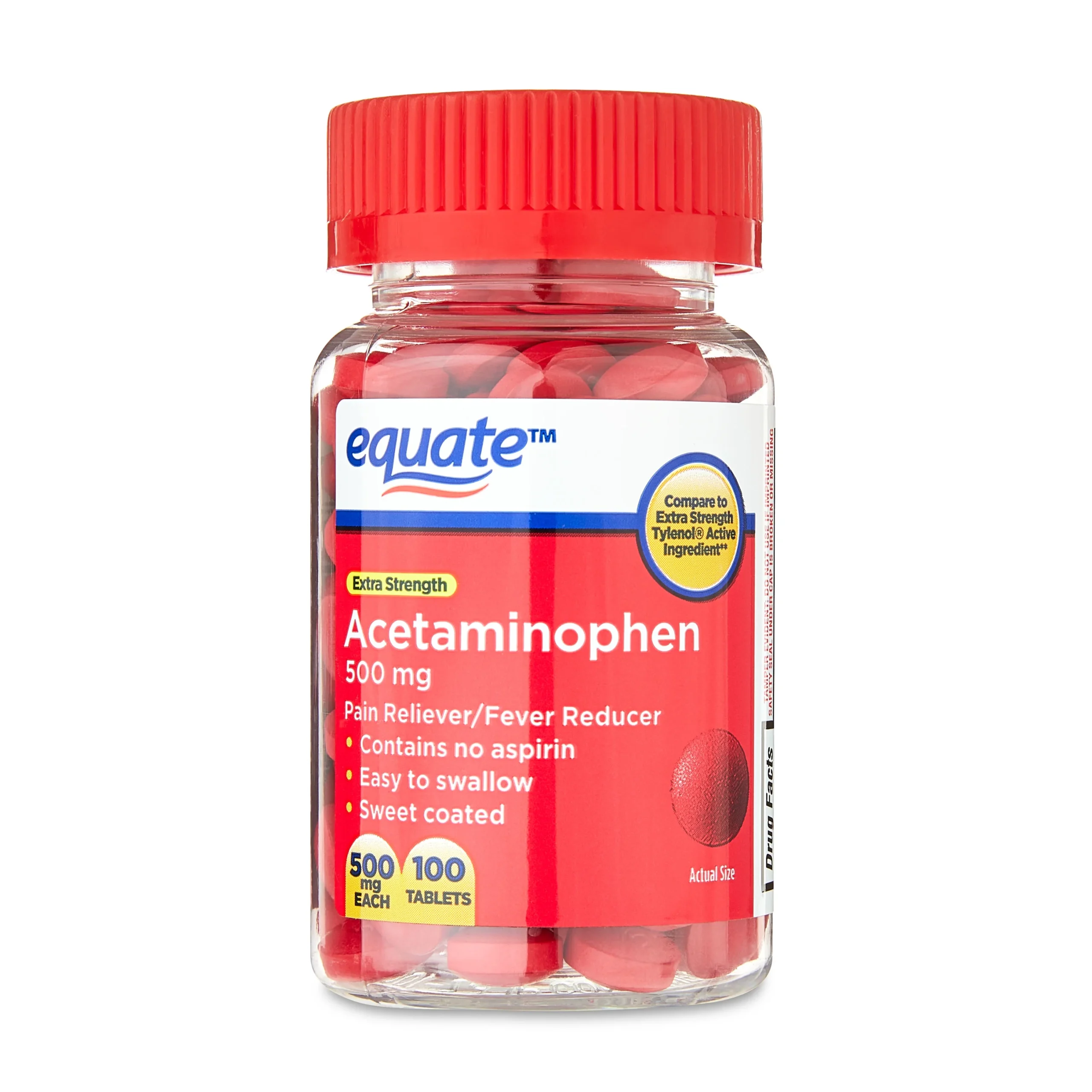





Reviews
There are no reviews yet.